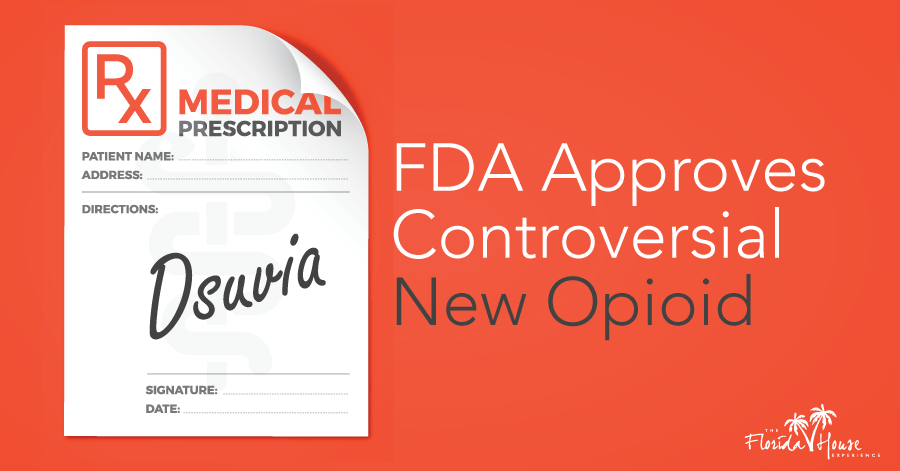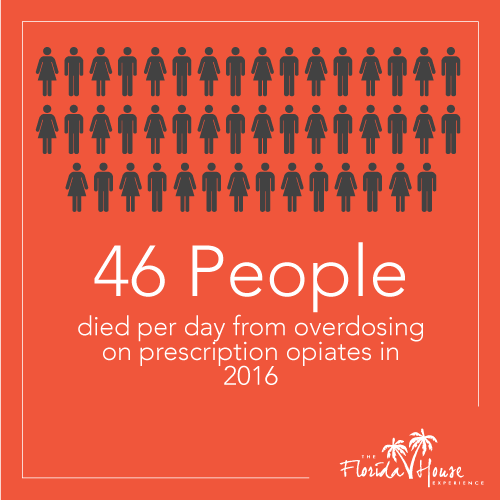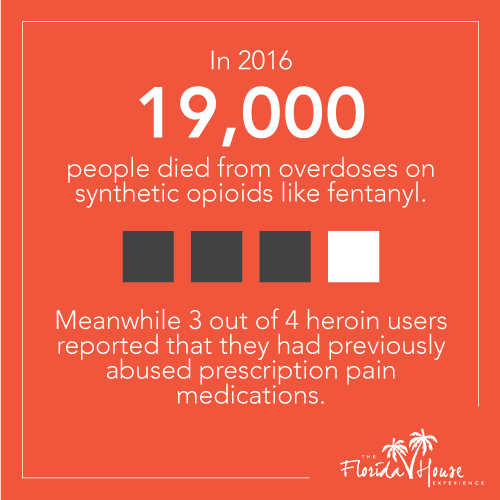
It’s not news that there is currently a crisis in the United States relating to use and abuse of opioid medications, prescribed for pain at a rate that has climbed rapidly between the turn of the century and the present.
According to the Centers for Disease Control and Prevention (CDC), 46 people died per day from overdosing on prescription opiates in 2016. In the same span, 19,000 people died from overdoses on synthetic opioids like fentanyl, and 3 out of 4 heroin users reported that they had previously abused prescription pain medications.
There’s no denying that prescription opioids, especially synthetic drugs, are extremely dangerous and addictive, which has been reflected in policies that have enacted prescription limitations in recent years. So why, then, did the FDA recently approve another dangerous synthetic opioid for patients to use for acute pain?
What Is Dsuvia?
 Dsuvia is the pharmaceutical name for a drug containing sufentanil, an analog of fentanyl, considered to be between five to ten times stronger than its parent drug and 500 times stronger than morphine.
Dsuvia is the pharmaceutical name for a drug containing sufentanil, an analog of fentanyl, considered to be between five to ten times stronger than its parent drug and 500 times stronger than morphine.
Dsuvia isn’t the first drug containing sufentanil to be approved by the FDA, which is one of the reasons those speaking out about the drug’s approval are concerned. The chairman of the FDA’s advisory committee, Dr. Raeford Brown, expressed concern about his interactions with sufentanil in the past, claiming that even though the drug is limited to being prescribed for single use in a health care setting, that he has seen overdoses and fatalities from that single use.
This was in his experience with the IV version of the drug. Dsuvia is a sublingual (taken by dissolving under the tongue) tablet. These concerns ultimately led Dr. Brown to recommend that Dsuvia not be approved by the FDA at large, calling the drug “extremely divertible,” e.g. having a high potential for abuse, addiction, and overdose.
How Addictive Is Sufentanil?
 Few industries are more worried about this new drug hitting the market than the addiction treatment community. If Dr. Brown’s claims are true, some of the drug’s users may experience fatal overdoses before even getting the opportunity to seek recovery in a clinical setting.
Few industries are more worried about this new drug hitting the market than the addiction treatment community. If Dr. Brown’s claims are true, some of the drug’s users may experience fatal overdoses before even getting the opportunity to seek recovery in a clinical setting.
For its part, the FDA committee that approved the drug has said that it won’t come without its restrictions. Dsuvia, which has been framed as an ideal solution for soldiers wounded on the battlefield among other populations, will be under harsh restrictions for where and how it is prescribed in healthcare settings.
Although lawmakers and regulators have questioned the FDA’s good faith when it comes to enforcing these regulations as planned, the administration points to another opioid drug being taken off the shelf for being too potent.
The Next Step
Moving forward, it’s important to verify that drugs like these are regulated and studied before they enter the market. Are they being distributed to the right places and used responsibly? Like heroin, fentanyl, and other opioid pain pills, Dsuvia is a high-diversion drug that can cause respiratory depression and potential death when misused, so it’s very important that the FDA follows through on their promises of heavy regulation and oversight by any drug safety groups involved in the process.
There are already cases that highlight the risk of sufentanil, even when used in a medical setting: a ScienceDirect case study details how a spinal epidural containing sufentanil caused a laboring mother to overdose in the hospital as she was giving birth. Cases like these, and many more opiate addiction cases are the major concerns for opponents of the drug’s approval.
Learn more about prescription opiate addiction and how FHE Health can help those suffering from addiction.






